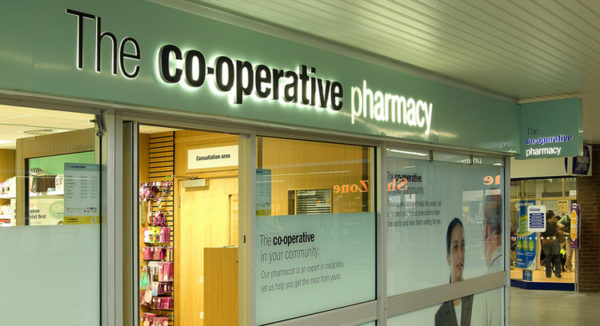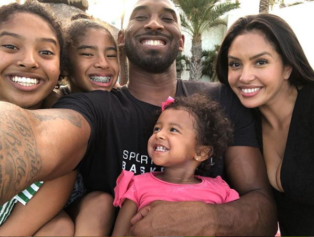Cooperatives or ‘co-ops’ are businesses or organizations controlled by the communities in which they reside, or by the workers who operate them. There are many types of co-ops to address a host of community needs and in general their principles are the same: open membership, democratic control, economic participation, education, autonomy and community concern.
Across the board cooperatives, have been shown to increase equity, economy and independence in communities that are overlooked, or even actively oppressed by the dominant culture. Here’s a look at six global co-operative models that Black communities can emulate to help bring more opportunities for improving the health, economic stability and overall independence:
Retail Co-ops
Retail co-ops, like The Co-operative Estates in Europe, offer benefits such as special discounts and refunds on purchases. These benefits are often funded by a percentage of the profits, which are then passed on to members.
Members also participate in the governance by electing board members and executives of the retail co-ops where they shop. This form of democratic, community-centered control encourages affordable pricing of goods, and provides community-based alternatives to corporate conglomerates.



